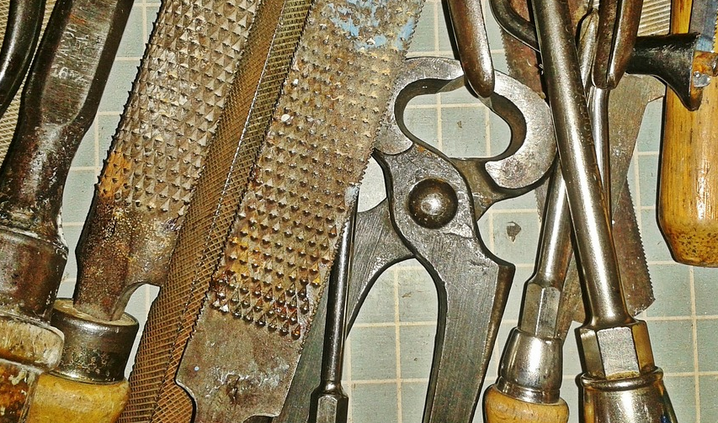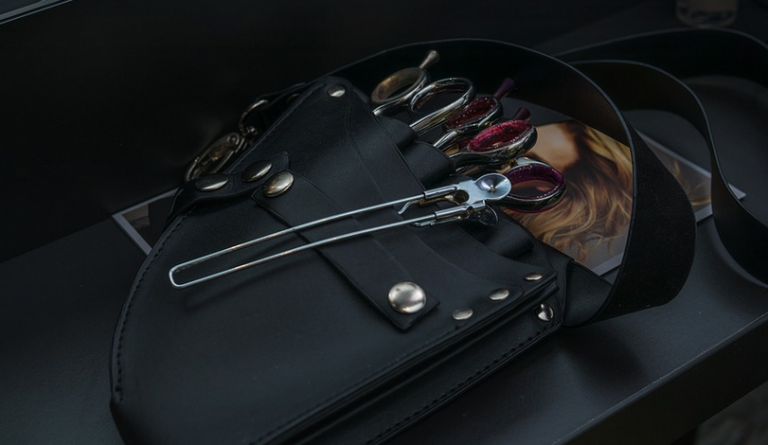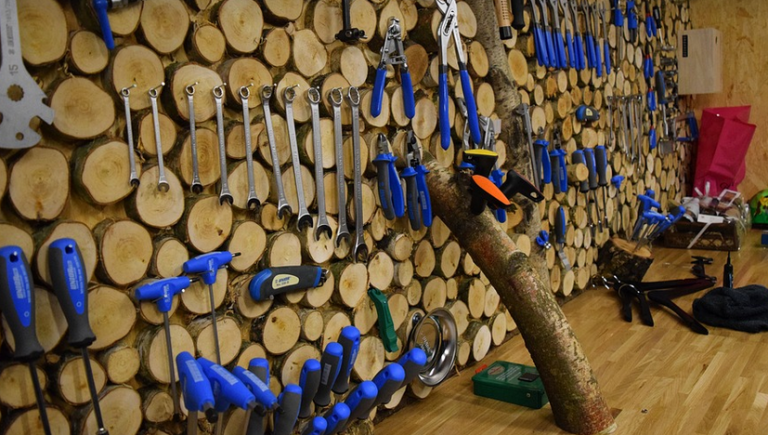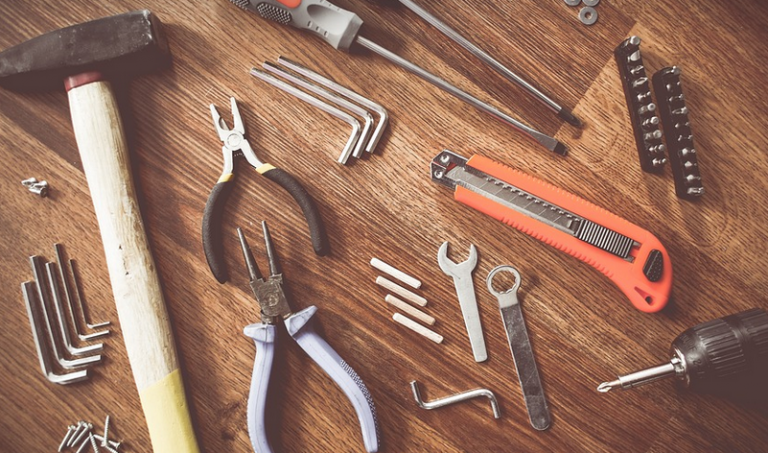
Navigating the Laws Around Sharp Tools
Texas, like many other states, has a complex legal landscape when it comes to certain types of knives, particularly those with a double edge. The laws surrounding these tools are designed to ensure public safety while respecting individual rights.
The reality is that the “double-edged” label itself can be quite broad. Some knives, like switchblades or “butterfly” knives, have fixed blade designs and are inherently dangerous. However, other models with a double edge may appear safer, but still fall under specific regulations.
Understanding Texas Law
Texas law typically categorizes knives based on their potential level of danger, focusing on the weapon’s functionality and intended use. The state’s legal framework often uses terms like “concealed weapon” or “switchblade,” which are crucial to understanding what is legal.
The Penal Code of Texas defines offenses related to deadly weapons and firearms. For instance, Section 30.06 of the code specifically addresses the use of knives, detailing their classification as dangerous instruments.
To better understand these definitions and their implications, it’s essential to delve into specific aspects like “concealed weapons” and “switchblades.” This will help you navigate the nuances of Texas law regarding double-edged knives.
The definition of a “dangerous instrument,” which can include items such as throwing knives or other blades intended for combat, is critical in determining legal ownership and possession.
For example, knives that are deemed to be particularly dangerous, like switchblades, fall under the purview of Texas’s criminal statute. These types of knives pose a significant threat due to their inherent ability to inflict harm quickly and efficiently, leading them to be strictly regulated.
On the other hand, some double-edged hunting or pocket knives might not be considered as threatening, particularly if they possess features that make them less deadly. The key factor here is understanding the intended purpose of the knife.
The “intent” of the owner plays a significant role in determining legal ownership and possession. If someone intends to use a double-edged knife for hunting or other legitimate purposes, it’s more likely to be legally permissible.
Texas law also emphasizes the importance of responsible ownership and safe handling. The state’s “safe storage” laws are designed to prevent accidental injury. These laws often require individuals to store their knives in secure places, like cabinets or drawers, to prevent theft or misuse.
Navigating Legal Confusion
The legal landscape surrounding double-edged knives can be confusing, particularly for people who aren’t familiar with Texas law.
It’s important to seek professional advice from a qualified attorney if you have any questions or concerns about the legality of your specific knife. Legal professionals can provide personalized guidance and ensure that you comply with all applicable laws and regulations.
When in doubt, it’s always best to err on the side of caution. If you are unsure whether a particular knife is legal, consult with an attorney specializing in Texas law. They can offer clarification and help you navigate the intricacies of this complex topic.
A Note on Public Safety
Public safety remains a top priority for Texas lawmakers when it comes to knives. The state has implemented regulations surrounding the use and possession of specific types of knives to minimize potential harm.
These rules aim to protect individuals from threats, accidents, and misuse. By enforcing these laws with consistency, authorities can maintain a safer environment for everyone.
The Future of Knife Laws in Texas
As the legal landscape continues to evolve, it’s crucial to stay informed about any updates or changes related to knife regulations in Texas.
By staying up-to-date with these changes, individuals can ensure they are adhering to current laws and promoting public safety while respecting their rights.
The future of knife laws in Texas may involve further adjustments to address emerging issues related to technology, social dynamics, and changing societal norms.
It’s important to engage in thoughtful discussions about the future of knife regulations and collaborate with policymakers to create a framework that balances public safety with individual freedoms.
**Remember, this advice is for informational purposes only. It does not constitute legal counsel.**
Consult with a qualified attorney or legal professional for specific legal advice related to knife laws in Texas.



